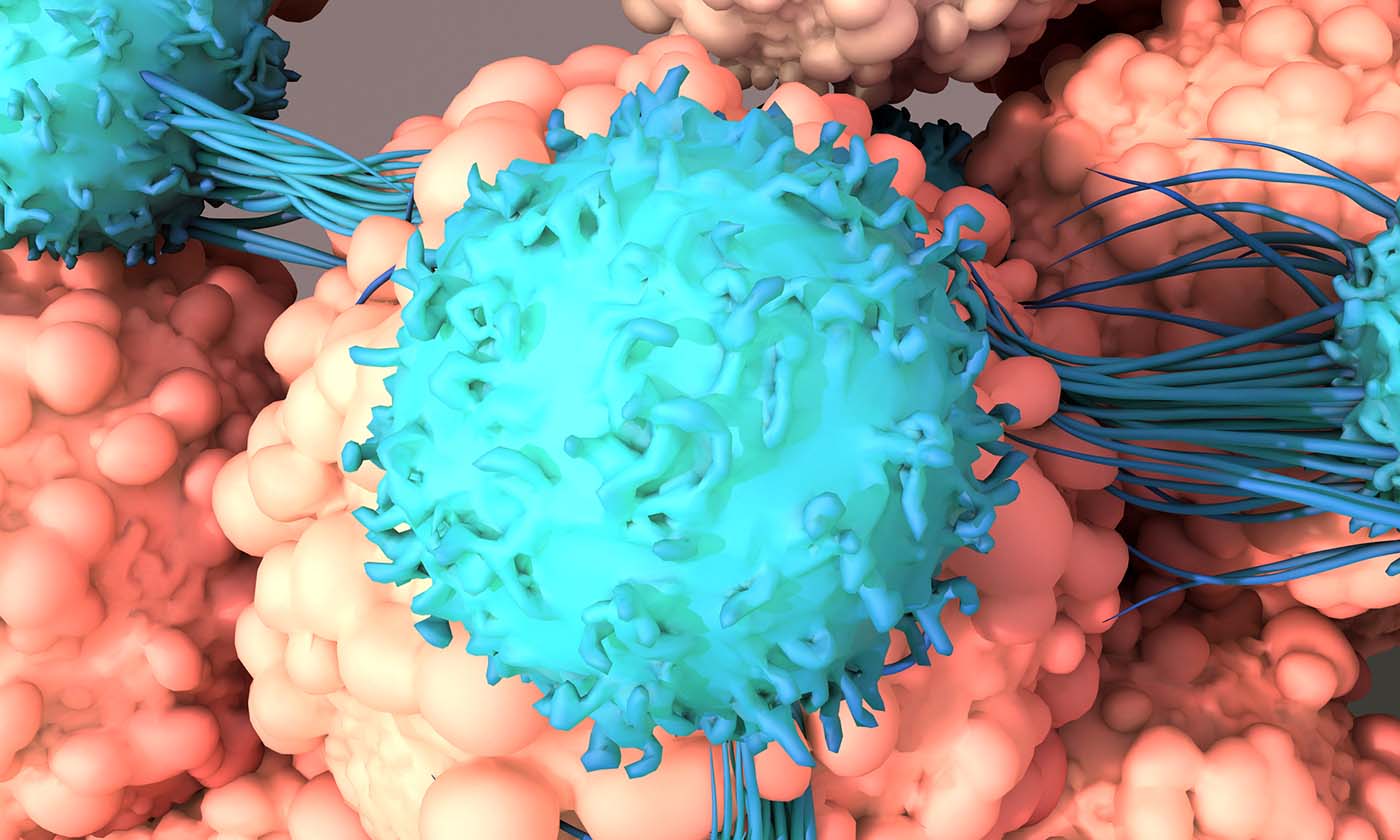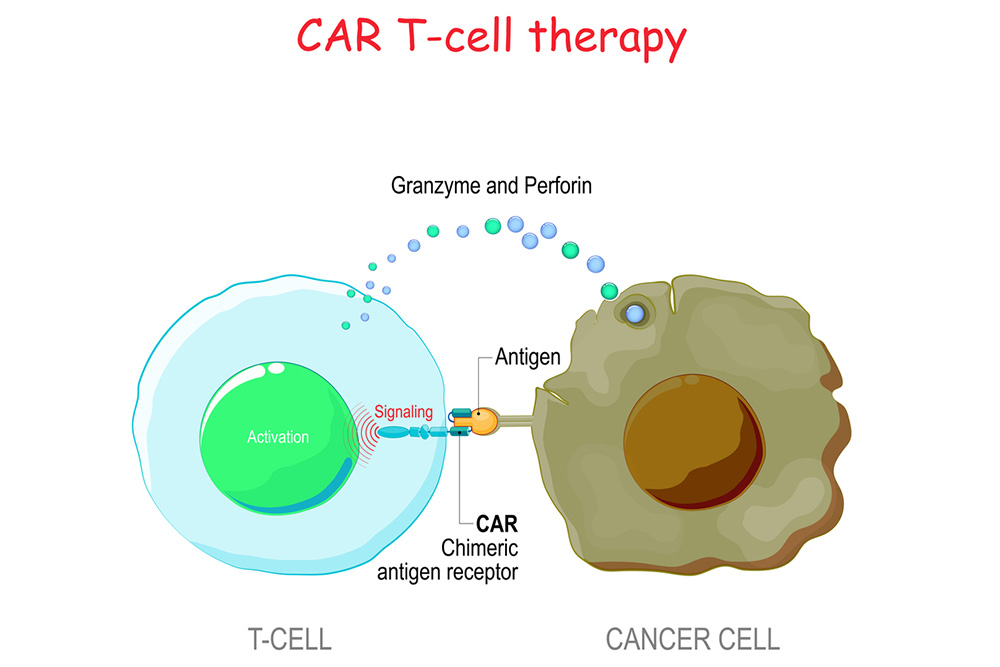
Turning ordinary T cells into CAR T cells is one of the leading approaches in the field of cancer cell and gene therapy. However, most of the T cells used in this innovative science don’t keep long-term memories to continue recognizing and fighting cancer cells.
The result is that cancer can return with a renewed energy, overwhelming the CAR T cells that are left to patrol in the body.
What if there was a way to ensure that the T cells used for CAR T-cell therapy had more advanced memory skills?
St. Jude Children’s Research Hospital scientists are studying how to push CAR T cells toward being memory cells instead of effector cells. CAR T-cell therapy can be quite effective at defeating cancer initially, but this method may help CAR T-cell therapy keep the disease from returning.
This important research at St. Jude may solve one of the dilemmas of cancer treatment, which is preventing relapse once therapy ends and the patient tries to return to a normal, pre-cancer life.
Memory T cells and effector T cells
T cells are usually split into two groups: effector T cells and memory T cells. The same is true for other immune system cells, such as B cells.
When a cancer protein activates an effector T cell, the cell divides into two. These two cells can become either effector T cells or memory T cells.
Effector cells live for less time and do not keep important memories of how to kill tumors. Their job is simply to kill a disease or infection. Once they’ve succeeded, the memory of their objective fades.
Unfortunately, many types of cancer return after initial treatment. So the memory of T cells is critical to preventing a resurgence of cancer.
Memory cells live for longer and keep the knowledge of how to identify other cells as either cancerous or harmless. Their memory of the cells’ specific characteristics – such as protein antigens serving as fingerprint identification – are crucial. These cells react quickly and with force when they come into contact with other cancer cells expressing the same antigen.
Researchers find way to create memory T cells
Researchers at St. Jude Children’s Hospital learned that two proteins help create effector T cells. By including an inhibitor of the proteins, the research team created more memory T cells in lab testing.
The samples of T cells with diminished expression of the proteins survived longer, were better at controlling tumors, and more effectively prevented tumors from returning.
The cells with inhibited proteins can be used selectively to make CAR T-cell therapy with heightened memory skills.
Creating memory T cells for CAR T-cell therapy
CAR T cells are engineered forms of T cells, which are the body’s primary defenders against viruses, infections and cancer. Scientists remove T cells from a patient and add a laboratory-generated protein receptor (chimeric antigen receptor, or “CAR” for short). This receptor directs the T cells toward cancer cells expressing a specific protein.

This is one of the more successful types of cell and gene therapy for cancer. There are a number of CAR T-cell therapies approved for blood cancers like leukemia and lymphoma, while CAR T-cell therapies are in testing for solid tumors such as lung cancer and pancreatic cancer.
Creating more memory T cells might be one way to help this cell and gene therapy against tough-to-treat solid tumors. By using memory T cells for CAR T-cell therapy, the engineered cells infused into patients are more capable of not only killing cancer but also preventing it from returning.
Hongbo Chi, PhD, a member of the St. Jude Department of Immunology, mentioned CAR T-cell therapy as a field of science worth exploring with memory T cells. He identified the memory skills of T cells as “a potential target to boost CAR-T therapeutic effects against cancer.”
Please join the Alliance for Cancer Gene Therapy email list for more encouraging news about the field of cancer cell and gene therapy. Alliance for Cancer Gene Therapy publishes a monthly email newsletter with the latest updates and stories about this field of cancer treatment.
Page sources
- Pushing T cells down “memory lane” may improve cancer therapy. St. Jude Children’s Research Hospital. Retrieved from: https://www.stjude.org/media-resources/news-releases/2022-medicine-science-news/pushing-t-cells-down-memory-lane-may-improve-cancer-therapy.html. Accessed: 07/08/2022.



